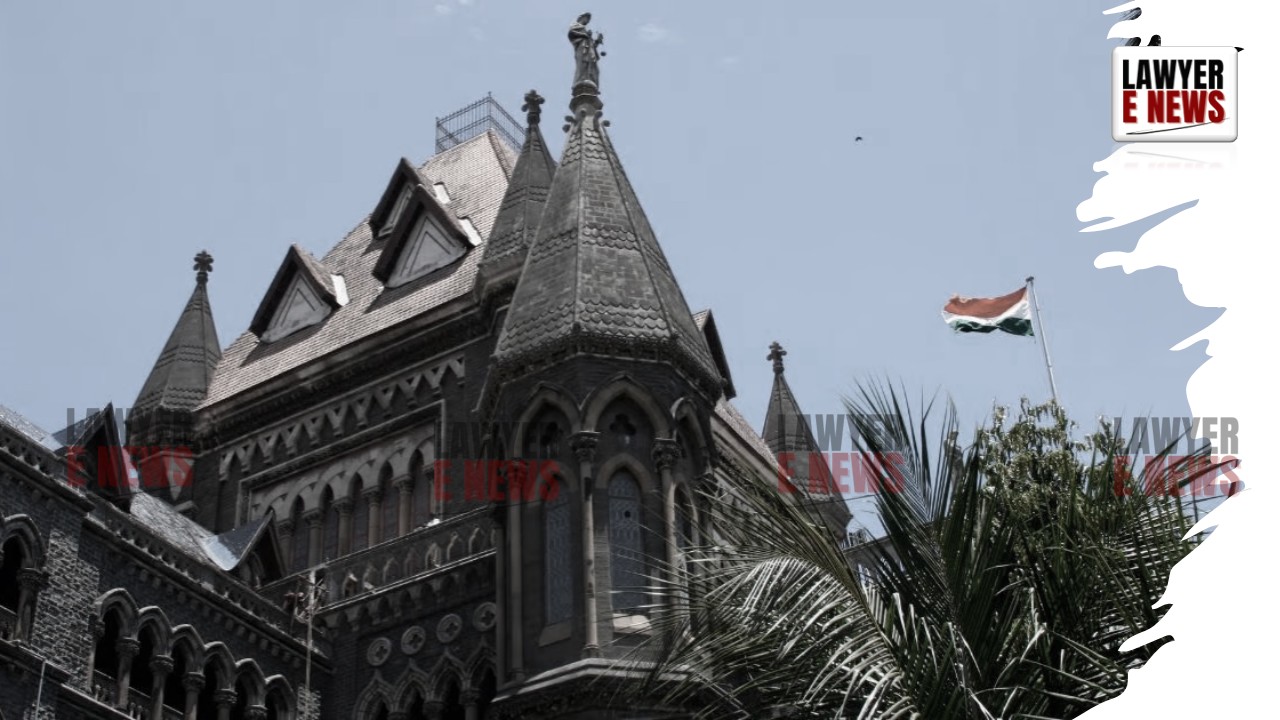-
by Admin
15 February 2026 2:36 AM



Bombay High Court upheld the trial court's order rejecting an application under Order VII Rule 11 of the Code of Civil Procedure, 1908. The application, filed by Defendants Nos. 3 to 5, sought dismissal of a suit challenging a registered sale deed executed in their favor. The court found that the plaintiffs had disclosed a prima facie cause of action, raising significant triable issues concerning alleged violations of an injunction order and discrepancies in the sale deeds.
The dispute revolves around land bearing Survey No.175, Hissa No.3 in Satara district, owned by Defendant No.1, Krushnabai Ganpat Alandkar. Defendant No.1, through her power of attorney (Defendant No.2), executed a registered Agreement for Sale in favor of the plaintiffs on July 24, 2014, for a consideration of ₹1 crore. Subsequently, on June 28, 2018, a registered Sale Deed was executed by Defendant No.2 on behalf of Defendant No.1 in favor of the plaintiffs. The plaintiffs claim to have paid ₹31 lakh in cash at the time of the agreement, with the remaining ₹69 lakh paid later.
However, in the interim, Defendant No.1 independently entered into another registered Agreement for Sale on September 21, 2016, with Defendants Nos. 3 to 5 for ₹2.15 crore, despite an injunction order dated June 30, 2016, passed in RCS No.669 of 2015, which restrained Defendant No.1 from creating third-party rights in the property. Subsequently, Defendant No.1 executed a Sale Deed on May 28, 2018, in favor of Defendants Nos. 3 to 5, allegedly receiving only ₹1.32 crore out of the agreed ₹2.15 crore.
The plaintiffs filed Special Civil Suit No. 851 of 2019 seeking cancellation of the May 28, 2018 sale deed on grounds of collusion and violation of the injunction order.
The court emphasized that at the stage of deciding an application under Order VII Rule 11, only the plaint and the documents relied upon by the plaintiffs must be examined. Justice Jadhav observed:
“On meaningful reading of the plaint, it appears that the plaintiffs are claiming their right based on a registered agreement for sale and sale deed. The plaintiffs also allege collusion between Defendant Nos. 1 and 3 to 5 and violation of an injunction order. These raise triable issues requiring adjudication through trial.”
The court highlighted that Defendant No.1 was aware of the injunction order dated June 30, 2016, passed in RCS No.669 of 2015, which restrained her from dealing with the property. Notably, this injunction was referred to in the agreement for sale executed with Defendants Nos. 3 to 5 on September 21, 2016. The court observed:
“Despite the subsistence of the injunction order, Defendant No.1 entered into subsequent transactions with Defendant Nos. 3 to 5. This raises a significant question regarding the legality of these transactions.”
The court found glaring discrepancies in the consideration paid under the sale deed executed with Defendants Nos. 3 to 5. While the deed recorded a total consideration of ₹2.15 crore, only ₹1.32 crore was accounted for, with significant portions paid through post-dated cheques.
“Whether the total consideration was paid by Defendants Nos. 3 to 5 and whether title validly passed to them are questions that can only be answered through trial.”
The court noted that the plaintiffs’ agreement for sale dated July 24, 2014, was executed before the injunction order and remained valid. Relying on Section 43 of the Transfer of Property Act, 1882, the court suggested that the plaintiffs could invoke the doctrine of feeding the estoppel to assert their rights, provided the later transactions were declared null and void.
Rejecting the contention of Defendants Nos. 3 to 5 that the plaint was cleverly drafted, the court observed:
“The plaint in plain terms explains the sequence of transactions and the plaintiffs’ grievances. Triable issues are apparent from the plaint and the documents, and the plaintiffs cannot be non-suited at this stage.”
The High Court upheld the trial court’s order rejecting the application under Order VII Rule 11 CPC and directed the trial court to expedite the hearing of the suit. Justice Jadhav clarified:
“The observations made herein are prima facie in nature and shall not influence the trial court in deciding the suit on its merits.”
• The injunction order significantly impacts the legality of transactions executed during its subsistence.
• Discrepancies in consideration paid under a sale deed can raise questions about the validity of the transfer.
• The priority of rights under earlier agreements, coupled with the doctrine of estoppel, can be invoked to challenge subsequent transactions.
• Applications under Order VII Rule 11 CPC must be decided solely on the plaint and the documents relied upon, without delving into disputed facts.
Date of Decision: January 2, 2025
